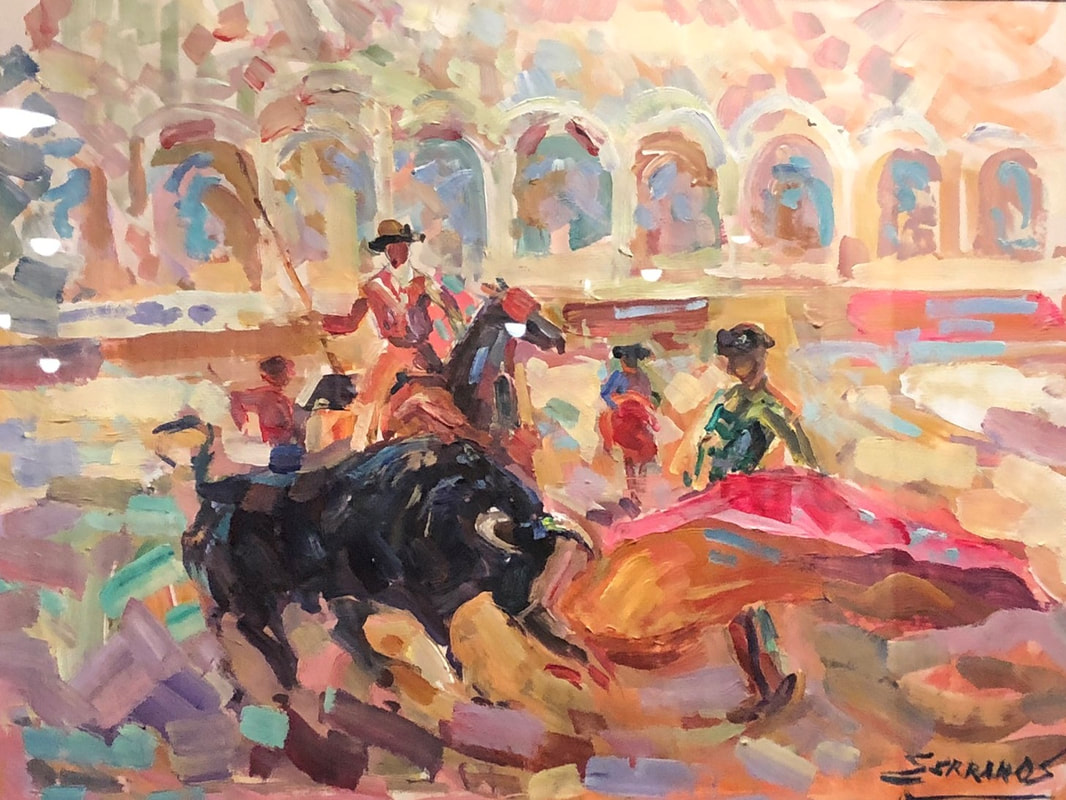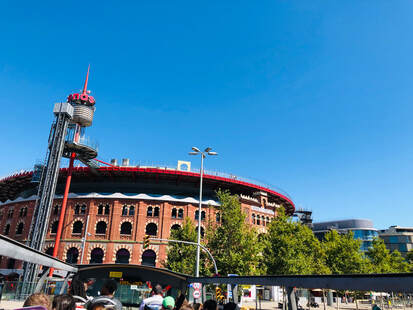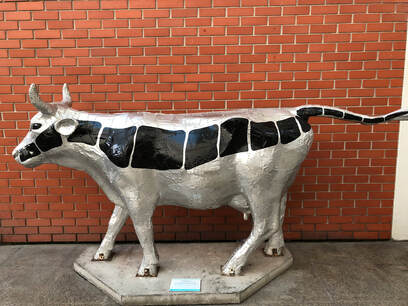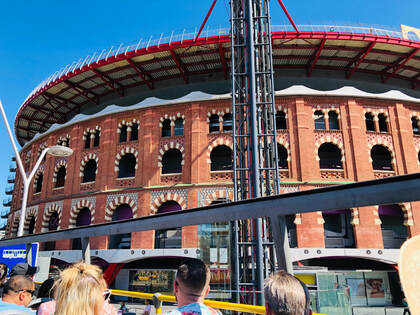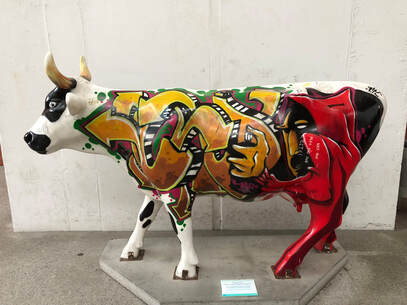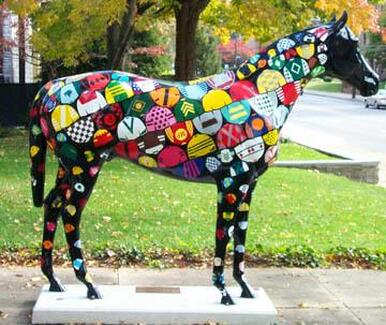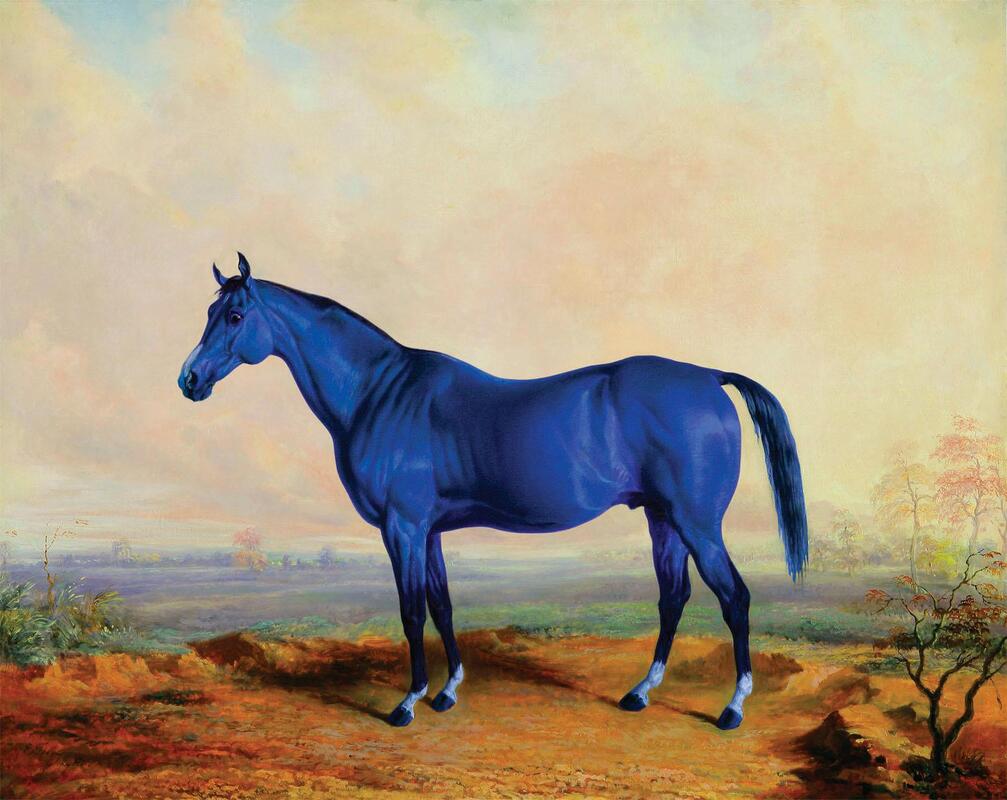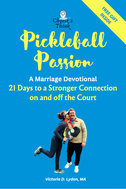|
What comes to your mind when you think of the culture of Spain? Most of us would say bullfighting and flamenco - those symbolic customs so intricately and deeply woven into the very fabric of Spain as a nation. During my visit this summer, I tried to strike up conversation about these traditions and to learn just a little bit more about them. I wondered what folks thought of bullfighting. I was so curious about flamenco--would I experience first-hand that type of song and the beautiful dance that often accompanies it? Could I relate? I grew up in Kentucky, and we have a few customs of our own I'd like to discuss by means of contrast. Although the Canary Islands and Catalonia banned bullfighting several years ago, bull dodging remains legal. And, to my knowledge, the "ban" was legislatively repealed to some extent a few years ago. I think bull dodging is something like the Running of the Bulls in Pamplona- that hot and heavy annual ritual that attracts thousands from near and wide to the northern province of Navarre. In a few casual discussions, I learned that bullfighting has become quite the political issue. Although some folks readily dismissed the tradition based on animal rights alone, some friends seemed equally divided in their perceptions and equally passionate in their opinions about their now polemic heritage of bullfighting. These two statements pretty much summed up the discussion that ended in reflective silence: <How can we keep that tradition going?> <But how can we not?> I wondered if there was a middle ground, some compromise, for the sport to avoid the actual lead-up to and killing of the bull, but it appears it may be an all or nothing event. While on a bus sight-seeing tour of Barcelona, I snapped a couple of photos of Las Arenas - the bullfighting ring that was converted into a shopping center decades ago. I guess the inevitable happens over time, and some traditions do change. When I saw these bull statues in the train station of Aveiro, Portugal (Spain's eastern neighbor on the Iberian Peninsula), I thought of our own "blue horse" of Lexington, Kentucky, as well as the many painted horse statues that were prominent in the area (and were later privately purchased). Of course, the horse racing industry comes with quite a bit of controversy as well, wouldn't you say? I had never heard the expression "blood sport," where bull and cock fighting are prominent on the list. Cock fighting is illegal in all 50 states, and I learned that cock fighting in Kentucky now dishes out a federal felony for attendees. Let's turn our thoughts to perhaps the other symbolic cultural icon that best represents the heart of Spain (but that isn't blanketed in controversy to my knowledge): the musical style of flamenco which originated in southern Spain or the area of Andalucía. Did you know that Flamenco was declared a UNESCO Intangible Cultural Heritage of Humanity in 2010? I had the fascinating opportunity, to visit Casa Patas, a tavern type restaurant, about which some say represents the best flamenco Madrid has to offer. Students are apprenticed and perform here with more seasoned artists, and after my Diverbo group enjoyed a lovely meal, we were invited to a private flamenco show. Thankfully, the performers eagerly gave me permission to snap a few pictures and record. There are several types of flamenco song with themes centering around passion, romance, death, injustice, profound reflections on life, doubt, religion....Indeed, when I listen to the singing that seems to come from the deepest parts of the soul and being, even though I may not understand the lyrics, the message is certainly conveyed. Combine the song with the loud snap of the foot steps, timed clapping, and guitar strumming, and I am totally swept away!
In Kentucky, we have Appalachian folk music or bluegrass music, that, in my opinion, is in some ways similar to flamenco. Often, the songs deal with comparable themes and topics. They strike chords and stir you within and draw you to a place of deep reflection. My favorites are the old spirituals, like "Amazing Grace" or "Swing Low, Sweet Chariot" sung in a folk music style. I remember many family reunions where my mother's kin would pick up a guitar or banjo to draw listeners in to stories of old with their song and picking. Soon others would join to harmonize and add depth to the performance. Although the Krauss recording below doesn't quite capture the folk music in my head that I can remember as a child, hers is a beautiful professional rendition. Any dancing? Oh, yes! Years ago during a family gathering from my father's side, I can remember some of my uncles and my Aunt Carolyn clogging their hearts out to bluegrass music outside using the picnic table as a stage! Clogging can have some square dancing elements involved (as in the video below with the move caller), and it also reminds me a bit of the River Dance styles.
Traditions. Customs. Cultural heritage. The old ways. The passage of time and new ways of thinking confront some traditions head on and herald a need for change. Sometimes, however, traditions never die. They lie deep within us at that innermost level just waiting to be stoked and rekindled. In the busy-ness and distraction of modern day living, the calling to what ties us to our past, to our ancestors, to those who handed us the baton of familial, regional, and national traditions may seem a bit muffled or dismissed. It is the same way with our Christian heritage. Thank goodness, God isn't going anywhere. He was, is, and is to come. Relationship (not religion) is the scarlet cord, the golden ticket that binds us. 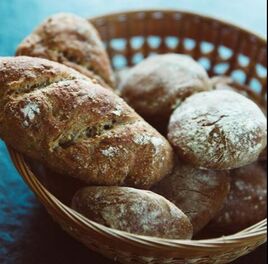 Sometimes traditions give rise from Truth in an attempt to make the intangible somehow tangible, memorable, and enduring. This Christian wisdom instills and offers comfort and a deep sense of connection to something beyond ourselves, the promise of what was, what is, and what will always be. These truths echo the soft voice that shows us the Way, the Truth, and the Life. They transcend legalities and opinions, and they never fade away. The beauty is that this tradition is available for everyone, everywhere, and at any time. Whoosh. It seems I've run the gamut here! The topic of traditions and customs is quite intriguing for me. I loved almost every cultural element I experienced during my stay in Spain, and I tried very hard to relate to my own upbringing.
You may wonder if I've ever seen a cock fight in person. No. Do I bet on horse races? I'm sad to admit, I've never even been to the Kentucky Derby! Do I clog? No, but I might like to learn. Do I sing to bluegrass or folk music? Sometimes when I'm feeling nostalgic. I would love to know your thoughts about traditions and their importance, how they have changed in your lifetime, and which ones you keep going. :) DM me if you want! I'd love to hear from you! Comments are closed.
|
|
Copyright ©Choose 2 Think™ 2013-present. All rights reserved.
Terms and Conditions | Privacy Policy | Disclaimer | Site Credits Choose 2 Think™ is owned and operated by Victoria Lydon with Wings of Dawn Ministries, LLC. and is solely for educational and informational and is not intended as health or medical advice. Always consult a physician or other qualified health provider regarding any questions you may have about any medical condition or health objective. *As an Amazon Associate I may earn a small commission from qualifying purchases at no extra cost to you. |


